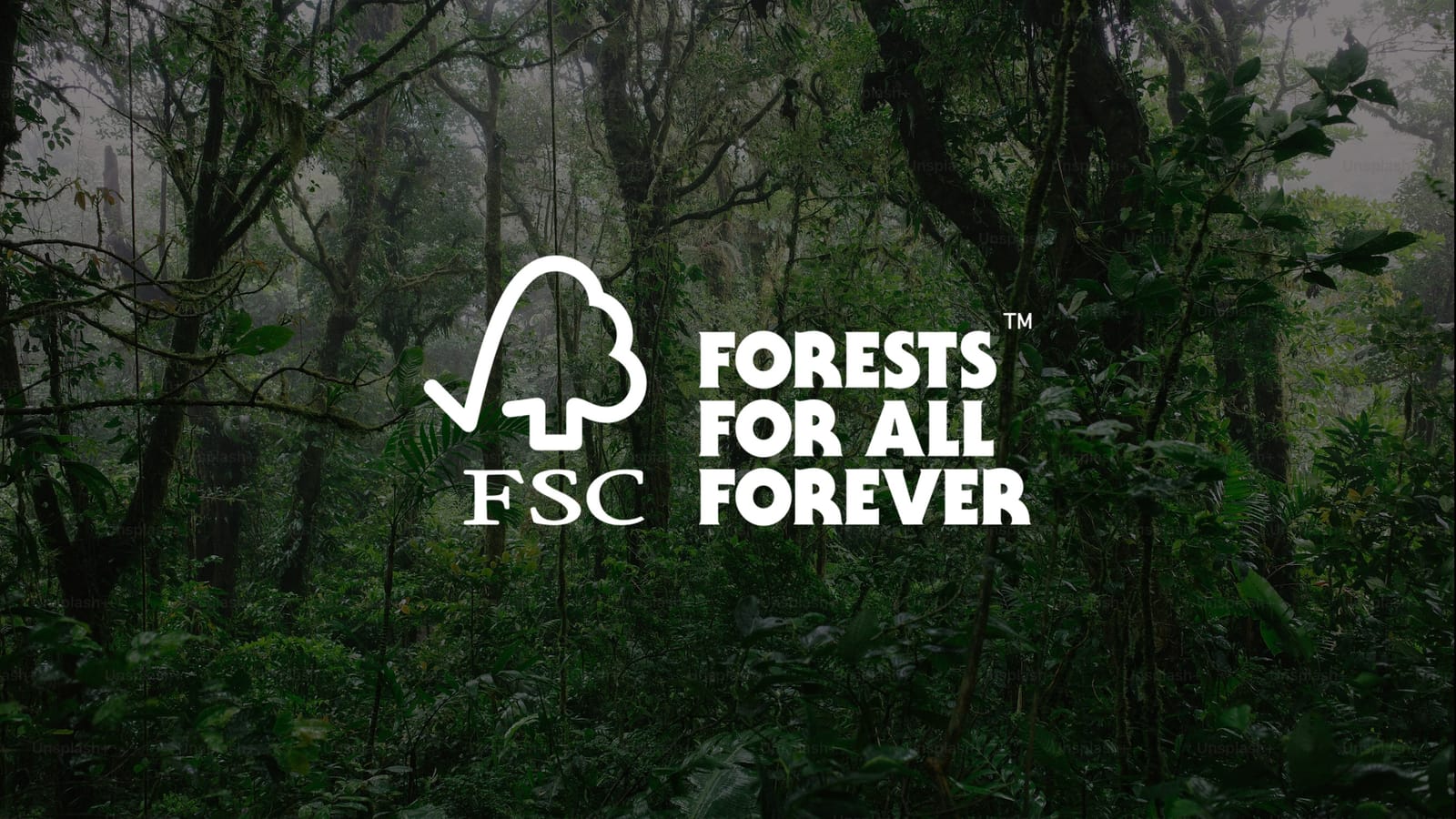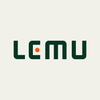
Lemu and FSC Showcase Their Partnership at the 1st FSC Latin America Ecosystem Services Summit
The collaboration between Lemu and FSC Chile highlights how science, satellite data, and AI can improve ecosystem services monitoring, supporting impact verification and sustainable forest management in the Global South.
· Lemu
WRI
The World Resources Institute (WRI) is a global research organisation that turns big ideas into action for sustainable natural resource management, focusing on climate, energy, food, forests, water, and cities.
· Lemu
WDPA
The World Database on Protected Areas (WDPA) is the most comprehensive global dataset of terrestrial and marine protected areas, maintained by UNEP-WCMC and IUCN. It underpins global biodiversity targets, conservation planning, and reporting.
· Lemu
MODIS
The Moderate Resolution Imaging Spectroradiometer (MODIS) is a key NASA Earth-observing instrument aboard the Terra and Aqua satellites. It provides global coverage of land, ocean, and atmosphere every 1–2 days across 36 spectral bands.
· Lemu
ABT
The Aichi Biodiversity Targets were 20 global goals adopted under the CBD for 2011–2020 to address biodiversity loss. While partially achieved, they paved the way for the Kunming–Montreal Global Biodiversity Framework (GBF).
· Lemu
WBCSD
The World Business Council for Sustainable Development brings together leading companies committed to sustainability and advancing business solutions for global challenges.
· Lemu
LEO
Low Earth Orbit (LEO) is the region of space closest to Earth, where most Earth observation and communication satellites — including Lemu Nge — operate.
· Lemu
FSC
The Forest Stewardship Council (FSC) sets global standards for responsible forest management and certification, balancing ecological, social, and economic values.
· Lemu
SSP
· Lemu
IUCN
The world’s largest and most diverse environmental network, setting the global Red List of Threatened Species and advancing conservation policies, science, and practice.
· Lemu
NPI
A global coalition launched in 2022 to clarify and standardise the use of “nature positive,” aligning governments, businesses, and civil society around a measurable goal of halting and reversing nature loss by 2030.
· Lemu
UNOOSA
The United Nations Office for Outer Space Affairs (UNOOSA) promotes international cooperation in the peaceful use and exploration of space, supporting sustainable development and responsible governance of outer space.
· Lemu
ABS
Principle under the CBD ensuring fair access to genetic resources and equitable sharing of benefits arising from their use, formalised in the Nagoya Protocol.
· Lemu
BCA
The Biodiversity Credit Alliance (BCA) is a global initiative that develops and harmonises standards for biodiversity credits, enabling transparent, credible, and scalable markets that fund conservation and restoration.
· Lemu
ESRS
The European Sustainability Reporting Standards (ESRS) provide the detailed framework that companies must use to disclose sustainability information under the EU’s Corporate Sustainability Reporting Directive (CSRD).
· Lemu
NDVI
The Normalized Difference Vegetation Index (NDVI) is a widely used remote sensing indicator for vegetation health, productivity, and land cover dynamics.
· Lemu
ISSB
The ISSB develops a global baseline of sustainability disclosure standards, enabling consistent, comparable, and reliable reporting for capital markets.
· Lemu
ESG
A framework for evaluating Environmental, Social, and Governance factors in business and investment decisions. ESG has become widely used in finance, but also increasingly criticised for lack of consistency and greenwashing risks.
· Lemu
ESA
Europe’s space agency, powering Copernicus and global Earth observation.
· Lemu
GRI
The Global Reporting Initiative (GRI) provides the world’s most widely used sustainability reporting standards, helping organisations disclose their impacts on the economy, environment, and people.
· Lemu
IPCC
The Intergovernmental Panel on Climate Change (IPCC) is the UN body that provides authoritative scientific assessments on climate change, its impacts, and potential adaptation and mitigation pathways.
· Lemu
SDG
The Sustainable Development Goals (SDGs) are a set of 17 global goals adopted by all UN Member States to address interconnected social, environmental, and economic challenges by 2030.
· Lemu
CSRD
The Corporate Sustainability Reporting Directive (CSRD) is a European Union regulation that expands and strengthens sustainability disclosure requirements for companies, ensuring consistent, comparable, and reliable reporting on environmental and social impacts.
· Lemu
B (Corp)
A global certification that recognises companies meeting high standards of social and environmental performance, accountability, and transparency.
· Lemu
IPBES
The Intergovernmental Science-Policy Platform on Biodiversity and Ecosystem Services strengthens the science–policy interface for biodiversity, ecosystems, and human well-being through assessments, policy support, and knowledge-building.
· Lemu
UNFCCC
The UNFCCC is the foundational global treaty framework guiding international efforts to address climate change, under which landmark agreements such as the Kyoto Protocol and Paris Agreement were established.
· Lemu
CMP
The Conservation Measures Partnership (CMP) is a coalition of conservation organisations that develops and promotes best practices for planning, monitoring, and evaluating conservation impact, most notably through the Open Standards for the Practice of Conservation.
· Lemu
UNEP
The United Nations Environment Programme (UNEP) is the leading global authority on the environment, setting the agenda and supporting countries in implementing sustainable development policies.
· Lemu
C3S
C3S is one of the Copernicus Earth observation services, operated by ECMWF. It provides authoritative climate data and information, including reanalysis, seasonal forecasts, and climate indicators. C3S supports adaptation, policy, and business decisions with trusted datasets.
· Lemu
GBIF
The Global Biodiversity Information Facility (GBIF) is the world’s largest open-access network of biodiversity data, mobilising species occurrence records to support science, policy, and conservation.
· Lemu
